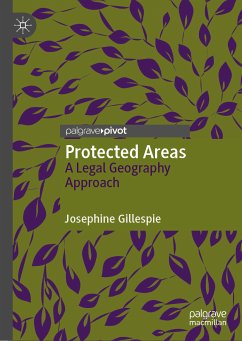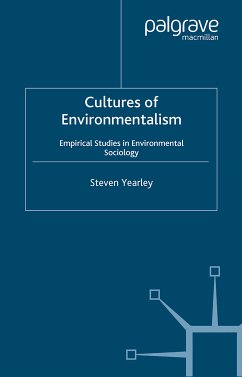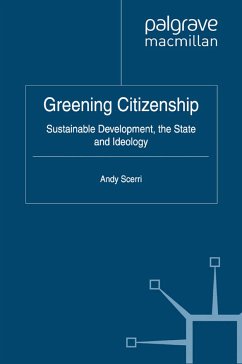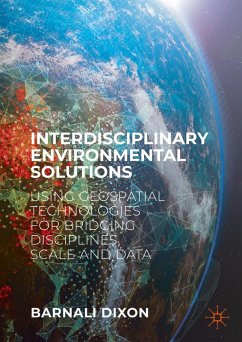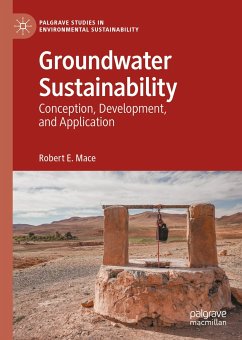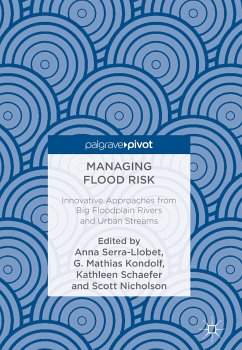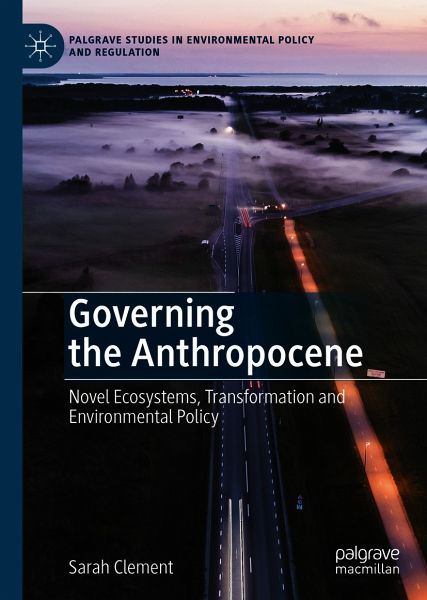
Governing the Anthropocene (eBook, PDF)
Novel Ecosystems, Transformation and Environmental Policy
Versandkostenfrei!
Sofort per Download lieferbar
120,95 €
inkl. MwSt.
Weitere Ausgaben:

PAYBACK Punkte
60 °P sammeln!
This book focuses on the present and future challenges of managing ecosystem transformation on a planet where human impacts are pervasive. In this new epoch, the Anthropocene, the already rapid rate of species loss is amplified by climate change and other stress factors, causing transformation of highly-valued landscapes. Many locations are already transforming into novel ecosystems, where new species, interactions, and ecological functions are creating landscapes unlike anything seen before. This has sparked contentious debate not just about science, but about decision-making, responsibility,...
This book focuses on the present and future challenges of managing ecosystem transformation on a planet where human impacts are pervasive. In this new epoch, the Anthropocene, the already rapid rate of species loss is amplified by climate change and other stress factors, causing transformation of highly-valued landscapes. Many locations are already transforming into novel ecosystems, where new species, interactions, and ecological functions are creating landscapes unlike anything seen before. This has sparked contentious debate not just about science, but about decision-making, responsibility, fairness, and human capacity to intervene.
Clement argues that the social and ecological reality of the Anthropocene requires modernised governance and policy to confront these new challenges and achieve ecological objectives. There is a real opportunity to enable society to cope with transformed ecosystems by changing governance, but this is notoriously difficult. Aimed at anyone involved in these conversations, be those researchers, practitioners, decision makers or students, this book brings together diffuse research exploring how to confront institutional change and ecological transformation in different contexts, and provides insight into how to translate governance concepts into productive pathways forward.
Dieser Download kann aus rechtlichen Gründen nur mit Rechnungsadresse in A, B, BG, CY, CZ, D, DK, EW, E, FIN, F, GR, HR, H, IRL, I, LT, L, LR, M, NL, PL, P, R, S, SLO, SK ausgeliefert werden.
Alle Preise in Euro und inkl. der gesetzl. MwSt. | Innerhalb Deutschlands liefern wir preisgebundene Bücher versandkostenfrei. Weitere Informationen: bitte hier klicken
Support
Bitte wähle dein Anliegen aus:
Rechnungen
Bestellstatus
Retourenschein
Storno




